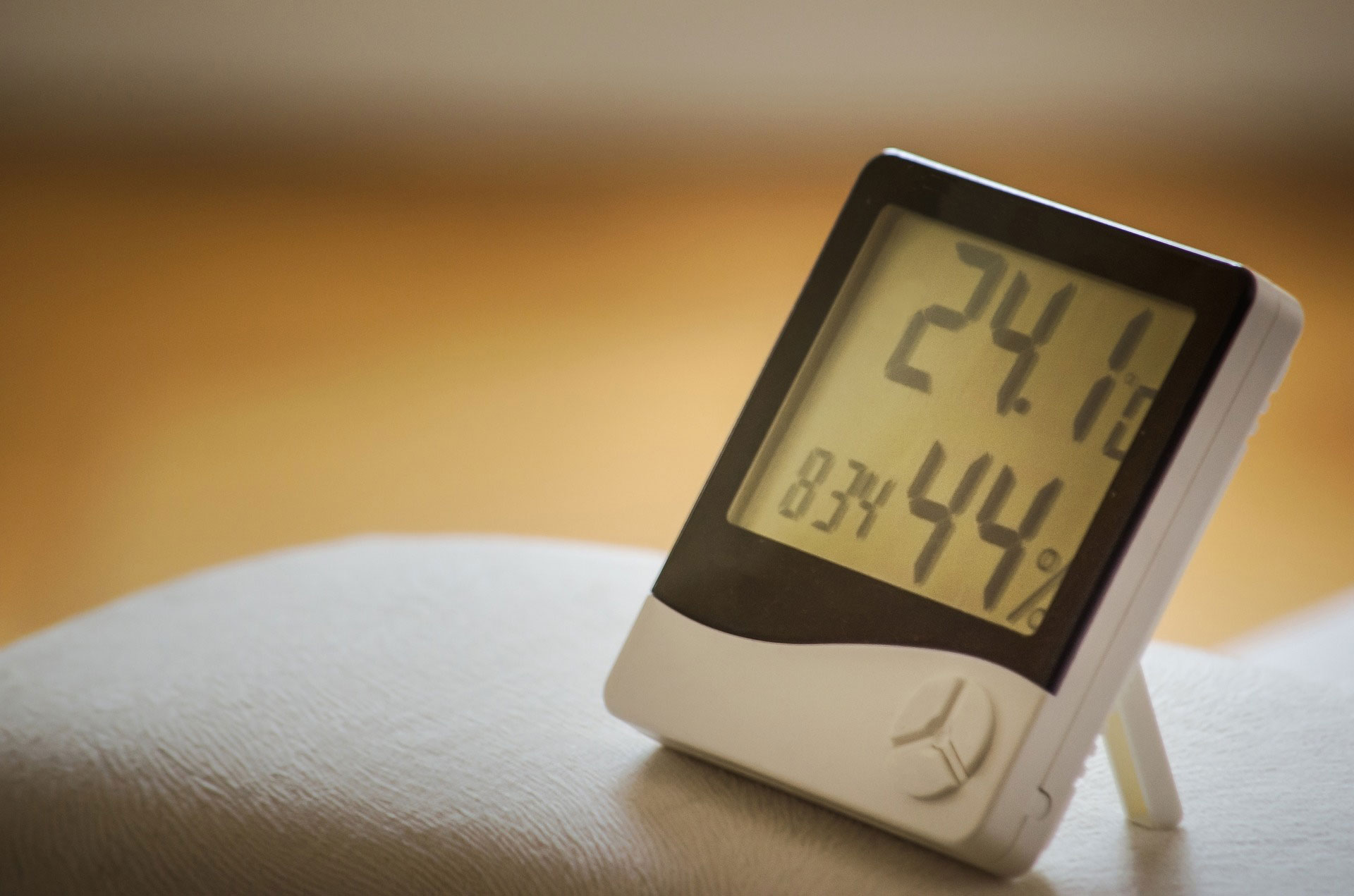If you’ve lived in the Philippines long enough, you’ll know that our high humidity levels can be irritating to live with. It makes the air muggy, our skin sticky, and makes us uncomfortable in general especially when the hot days set in. We know what it does to our bodies, but how does humidity affect air conditioners?
August and September are the most humid months in the Philippines. Knowing how humidity affects air conditioners will help us make our rooms more comfortable, as well as our aircon units functioning smoothly and efficiently especially during these months.
How humidity affects us
Put simply, humidity is the amount of water vapor in the air. High humidity means that the air is moist, and low humidity means that the air is dry.
We sweat when our bodies get too hot; the idea is that our sweat will eventually evaporate, producing a cooling effect on our bodies.
This bodily function is impaired when the humidity is too high. Basically, when the air is too humid, it cannot accommodate any more water vapors; Your sweat will not evaporate as it should, and you’ll end up feeling sticky and clammy.
More than that, water vapor also absorbs heat. This makes the air feel hotter than it actually is.
How humidity affects air conditioners
An air conditioner works by continuously evaporating and condensing refrigerant gas through coils (called heat exchangers).
The evaporation process absorbs heat from the passing air (much like sweating; its evaporation is causing the cooling effect that we feel).
When the air is too humid, the aircon will have to work harder to remove the heat from the air as well as the heat-absorbing water vapors. This will result in more energy consumption, higher bills, and an overworked compressor.
Additionally, since we still feel hotter than we actually are, the tendency is to turn the thermostat much lower and to make the AC run much longer. Your overworked compressor will have to work harder, and this can wear out its parts in the long run.
Air conditioners actually reduce humidity
Humidity has adverse effects on our air conditioners. Luckily, aircons also play a part in dehumidifying a room.
The dehumidifying effect is a by-product of the refrigeration cycle. When the evaporator absorbs heat from the moist air, it condenses into water droplets. This liquid collects and drains down to the drain pan on the outside part of the aircon.
When the humidity level gets too high though, your AC unit may not be able to cope with it, and you will have to control the humidity in other ways.
How to control the humidity in your room
The first thing that we should know is that the Philippines has high humidity all-year round. On average, we sit at 75% humidity.
It is recommended that we reduce this to 60% or lower to make our room more comfortable, and our aircons more efficient – but how?
Here are a few tips to reduce your room’s humidity levels:
- Use a dehumidifier – this is the best and the easiest way to control the humidity in your room.
- Keep your room ventilated – open the doors and windows so that air will circulate and aid in evaporation.
- Use fans – again, this will aid in air circulation and evaporation.
- Do not hang wet clothes inside the room – this will eventually evaporate and make your room more humid.
Conclusion
Not only will controlling humidity will make us more comfy, it will also make our ACs run smoothly.
Like it or not, we live in a very humid country. But fret not! We have tools and tactics at our disposal to control the humidity in our room.
We should also take care of our aircon to ensure that it is operating efficiently and is effectively removing moisture in your room.
Sources:
https://weather-and-climate.com/average-monthly-Humidity-perc,Manila,Philippines

Miguel Mores worked for 5 years as a member of the product management team for a home appliance company in the Philippines. He started 101appliance to answer the most common customer questions that he has encountered during his time in the industry. He now works in the digital marketing field and manages a small online bookstore on the side.

